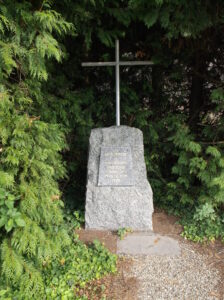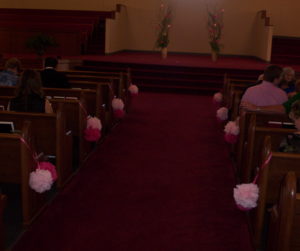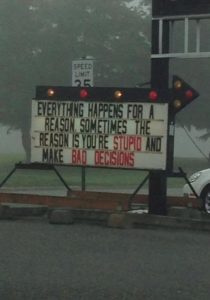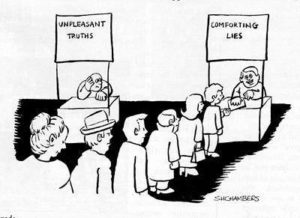Are you still feeling lousy after forgiving? If so, there’s a reason. You haven’t forgiven yourself. That’s why you don’t feel it at all.
You see, forgiveness is not solely about the other person who has wronged you. Or maybe your heart is so full of anger and hatred that no matter how willing you are to forgive him, if he doesn’t apologize or ask forgiveness, then there’s just nothing you can are willing to do at all even if someone persuades you with every kind of good reasons to forgive him.
Forgiveness is never about the other person because whatever happens it will never change anything no matter whether he apologized or not. It only changes what happens in our hearts! Yes, we make excuses like “he must be ashamed”, but what does this mean?
Feeling lousy after forgiving is a common problem. It’s more common than I’d like.
Actually, it’s so common, it bothers me. The part that bothers me is that it’s preventable problem.
What has happened is the prevalence of fake and shallow forgiveness. Many of you have been operating under some bad assumptions about forgiveness.
Some of the assumptions that I hear again and again are:
Forgiveness is just about saying, “It’s okay.”
You don’t have to really forgive if you don’t feel like it. If your heart isn’t in it and you still want to do it anyway, then it doesn’t count.
We can know we’ve forgiven by looking at our emotions—if we aren’t mad or upset anymore then we must have forgiven .
When those around us expect forgiveness too soon or too easily then they don’t understand what forgiveness is (or as I’d like to say, they assume bad things about
It’s likely not your fault. You were likely never told much about forgiveness. There are few people who really know what forgiveness is and how it works. Forgiveness is one of those things that are talked about more than practiced.
I mean, where would you have learned about forgiveness? If your forgiveness classroom was the movies, you’re being led astray.
If your forgiveness classroom was the local church, many only present shallow awareness of forgiveness. If your forgiveness classroom was the family, you may have learned a thing or two.
One of the reasons for inadequate forgiveness is that it often breaks your heart. It forces you to get closer to those you are forgiving. If makes you grow whether you want to or not.
When your forgiveness doesn’t change you or give you insight, you’re likely caught up in shallow forgiveness. There’s a place for shallow forgiveness, but not when it comes to affairs.
In the video, “Forgiveness: Stop the Pain, Tear down the Walls and Remove the Roadblocks”, you’ll have step by step guidance through forgiveness. You’ll also know when forgiveness is needed and when repentance is needed along with knowing the difference between them.
There are signs to look for that alert you to those going through the motions verses heartfelt contrition. These things are knowable. Forgiveness no longer has to be a guessing game about whether or not they really mean what they’re saying.
Keeping It Real,
Jeff

















